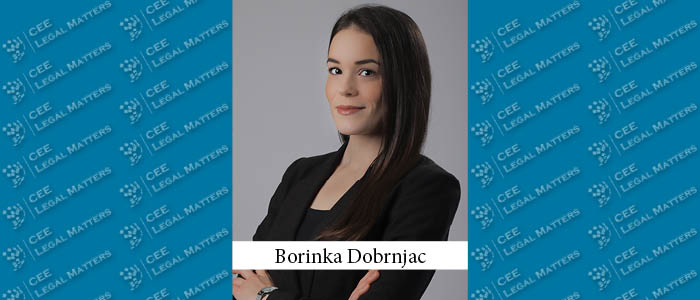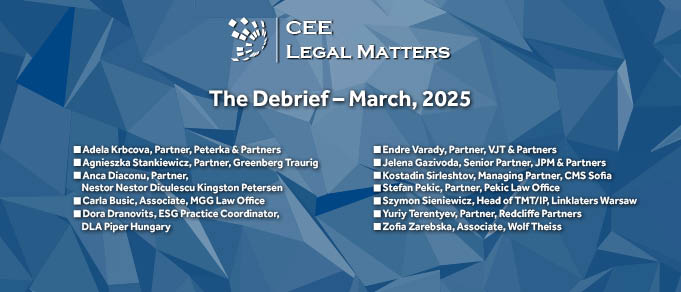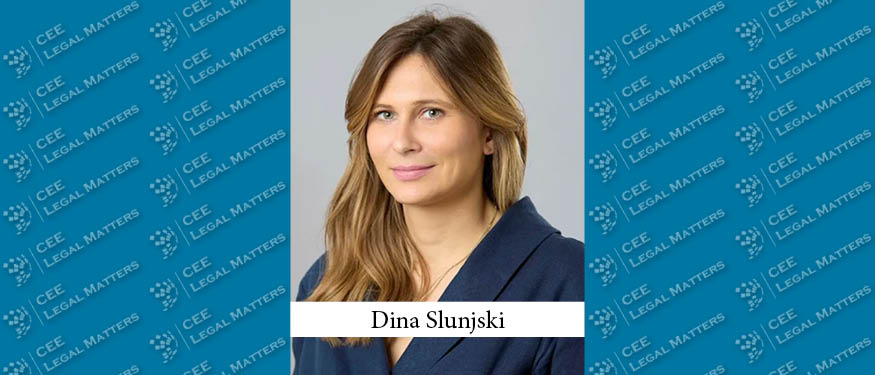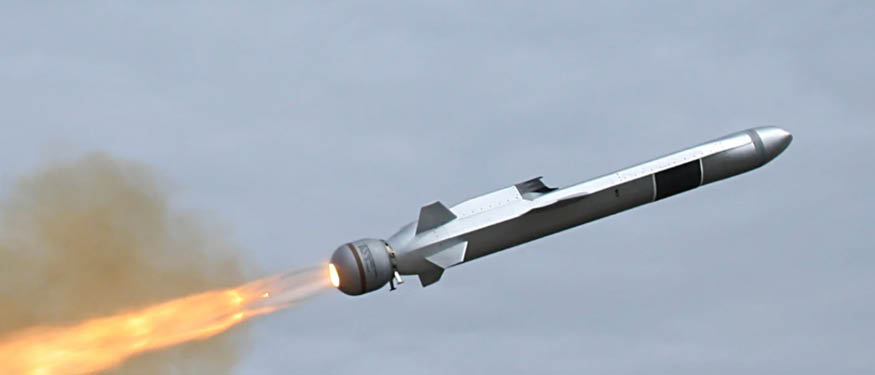Dentons has advised Grupa Pracuj on increasing its shareholdings in Robota.ua and Work.ua.
Gecic Law Successful for Arena Channels Group in Bosnia and Herzegovina in Antitrust Case
Gecic Law has successfully represented Arena Channels Group, alongside BH Telecom and Mtel Banja Luka, in an antitrust dispute before the Court of Bosnia and Herzegovina.
Sorainen Advises Alchemy on Acquisition of DexterLab
Sorainen has advised Alchemy on its acquisition of DexterLab.
Wardynski & Partners Advises ICEYE on Supplying SAR Satellite System to Polish Armed Forces
Wardynski & Partners has advised ICEYE on the contract to supply a MicroSAR Satellite Earth Observation System to the Polish Armed Forces.
Employee’s Right to Access Personal Data After Termination of Employment
The data subject has the right to access the data processed by the controller about them, a right guaranteed by both the EU General Data Protection Regulation (“GDPR”) of April 14, 2016, which came into force on May 25, 2018, and the Law on Personal Data Protection of the Republic of Serbia.
The Debrief: March 2025
In The Debrief, our Practice Leaders across CEE share updates on recent and upcoming legislation, consider the impact of recent court decisions, showcase landmark projects, and keep our readers apprised of the latest developments impacting their respective practice areas.
Cease and Desist From Opening the File!
If you have received a Cease and Desist (C&D) letter, it usually means that you have violated someone else’s intellectual property rights. However, this may not necessarily be the case if you are doing business in Croatia.






















